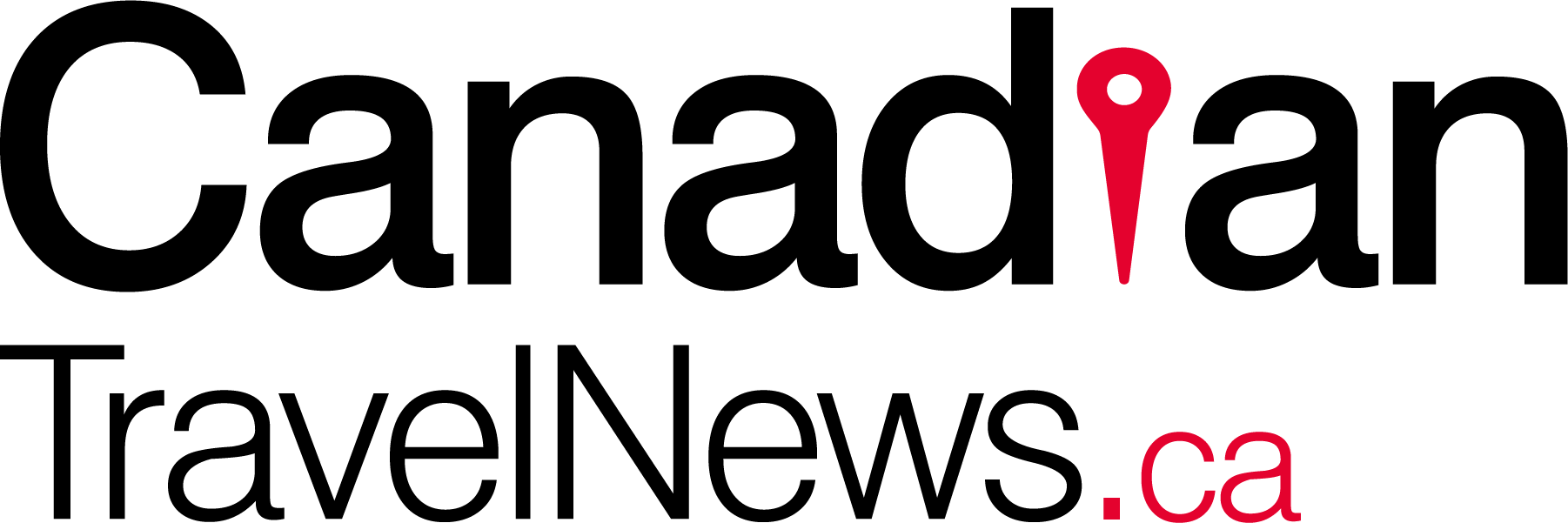
Jim Byers’ Blog: Questions Galore Following Trudeau Travel Restriction News
January 31, 2021 Jim Byers
One of the biggest questions being asked in the aftermath of last Friday’s bombshell travel announcement is, “Why just ban flights from Canada to the Caribbean and Mexico?”
Prime Minister Justin Trudeau last Friday said all Canadian airlines are suspending service to Mexico and the Caribbean as of today (January 31) and until April 30. Trudeau said this is being done largely because of new variants of the COVID-19 virus making their way to Canada and causing many deaths.
That’s true, but he also said only two per cent of virus cases in Canada can be traced to international travel. And the places in the world that seem to be having the most trouble with the new variant are Great Britain, Brazil and South Africa, none of which have had flights suspended.
Today, Canadians can still fly to Great Britain. I’m not aware of any direct flights to South Africa, but it’s easy to get there from Europe or the Middle East. Air Canada flies to Sao Paulo, and when I went online today it seemed to be allowing me to choose a flight in February.
I received a few notes on Twitter on the weekend, asking me why the Caribbean and Mexico were being singled out.
Why are other international countries such as China, India, UK and US not on this flight suspension list, one person said. “Seems like it’s only stopping a quarter of the problem, not all of it.”.
Transport Minister Omar Alghabra was asked about this on CBC television, and responded that Mexico and the Caribbean are where most Canadians tend to fly for March Break. He and other ministers have suggested that this is partly a symbolic suspension, aimed at showing Canadians that the government really wants them to stay home.
That’s fine, but, again, why not other countries? Why not Florida, which has had 26,000 COVID-19 deaths with a population of 22 million. That’s roughly 50% more people than Ontario, which has had about 6,200 deaths.
Also as someone else pointed out on Twitter, couldn’t a Canadian fly to Mexico or Caribbean via the United States, using United or Delta or another airline?
Nobody in the Trudeau camp seems to be addressing those questions directly, but Cabinet members in the past couple days have hinted that other countries could come under the suspension rule. Alghabra last week said Public Safety Minister Bill Blair is in talks with the United States about border restrictions, so perhaps some kind of U.S. ban will come into place.
When he appeared on CBC, Alghabra said that the biggest part of the Trudeau travel plan is the mandatory testing for passengers who arrive in Canada and the new quarantine rules, which (when adopted, which he said on Sunday could be in effect as soon as February 4,) will require all travellers to take their arrival test and immediately quarantine at a hotel of the government’s choosing (likely not the Four Seasons) for up to three days while they await results; a program that Ottawa says will cost roughly $2,000.
If a passenger tests engative, they have to go home and stay there for 11 more days until the mandatory 14-day quarantine is over. The Liberals have hired security companies to make sure people are staying home, something that didn’t always appear to happen under the old rules. If a passenger arrives in Canada and tests positive, they’ll be moved to a federally-approved facility for the rest of the 14-day quarantine.
It’s hard to imagine more than a handful of Canadians wanting to fly ANYWHERE if those are the terms of their return. Unless you’re a millionaire or have to fly to visit a dying family member, it’s hard to see anyone who would pay $2,000 for a three-day hotel quarantine, possibly followed by 11 days at a government-approved facility (whatever that means) that might be worse. You almost don’t need a ban on flights to the Caribbean or Mexico if that’s what facing you when you return to Canada.

Another factor to keep in mind is that many countries around the world, like Canada, now require all arriving visitors to quarantine for 14 days, usually at their own cost. That could mean a very heavy financial burden for when you land in another country, with two weeks in a hotel, followed by a $2,000 hit and at least three days in a hotel when you come back.
Many critics have pointed out that Canadians, under the new rules, at least for now, can still fly to the United States. But the Biden administration recently said it’s going to bring in a 14-day quarantine for arriving passengers, so that makes it much harder to take a trip to Arizona, Hawaii or Florida.
Still, there appear to be inequities, which inevitably happens when blanket suspensions like this are brought in. If you ban all flights to the Caribbean, you’re treating every country the same. But they’re not the same. Jamaica has roughly the same population as Toronto but has had 348 deaths. Toronto has had something like 2,400 virus deaths.
Barbados has had only 11 deaths. Anguilla hasn’t had any. But Caribbean countries are all being treated the same under the airline suspension. So are the various Mexico states.
One other factor at work here is the long-rumoured financial assistance package for Canadian airlines. There are reports floating around that this is a bit of a quid pro quo, that Trudeau will finally offer financial help now that the airline have fallen on their Caribbean and Mexico swords. Other reports (ALSO UNCONFIRMED) suggest the airlines agreed to stop advertising their flights in exchange for government help.
The PM was certainly whistling a different tune on Friday, talking about what great partners Canadian airlines are being right now.
I suspect a financial package for Canadian airlines is in the works, and I wouldn’t be surprised to hear something fairly soon. That won’t stop the bleeding for Canada’s airlines, but it’s a move that’s long overdue.
Meanwhile, let’s hope for a mild February, March and April in Canada. Because it doesn’t it look like we’re going anywhere.
About the Author













